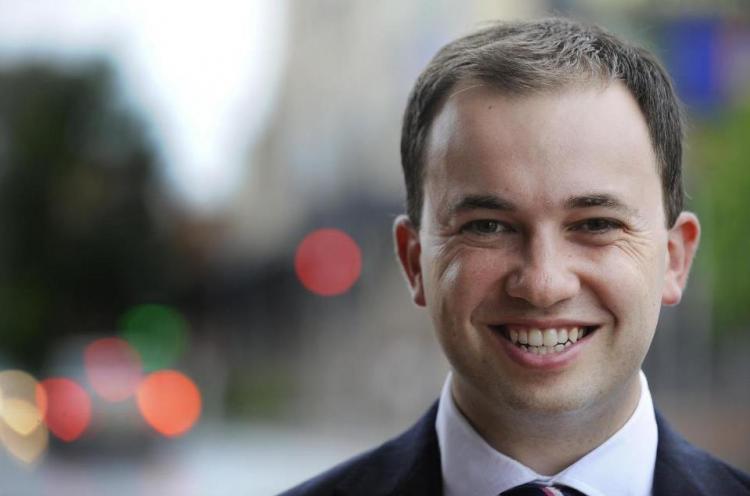
Mr MATT KEAN: Today is R U OK? Day. It is a very important day because it is encouraging people in the community to have a conversation about mental health. By doing something as simple as having a conversation about mental health and asking someone if they are okay, people can make an extraordinary difference to someone's wellbeing and may just save a life. That is the whole idea behind R U OK? Day.
Tonight I would like the House to take a moment to think about the residents of New South Wales who are doing it tough or are no longer with us. This year alone 2,500 Australians will die by their own hand and scores more will attempt suicide. Imagine if more than 2,500 Australians died at our beaches; there would be a national outcry. R U OK? Day is an important step in preventing suicide. Dr McDonald, who is present in the Chamber, would agree with me that suicide is preventable and we all have a role to play in making that happen. R U OK? Day is an important part of the strategy to prevent suicide by ensuring that people have a conversation about their mental health. Destigmatising mental health encourages people to get the help they may need, to not be ashamed to see a doctor or to have a conversation with friends or family. It may be the difference between saving a life or not.
This important date on the calendar is a national day of action to remind us all about the importance of regularly checking in with family and friends to ask if everything is okay. Stress and trauma can weigh heavily on the shoulders of many people and we as a society have a responsibility to look out for those in need of help. Most members in the Chamber have their own story to tell but I would like to share the distressing experience of a close personal friend whom I lost. I spoke about Mike Powell in my inaugural speech but, unfortunately, Mike's story is not unique. He was loved by his family and friends—we all loved him. Since being elected I have become aware of two young people in my community who took their own lives—a young girl aged 18 years who had just finished high school, and a 13-year-old girl who was shockingly highlighted on the front page of the Daily Telegraph. She was in year 7 at Asquith Girls High School and her suicide greatly affected me and many people in my community.
Those stories are a constant reminder that we as a Government and a community need to put more resources into the mental health sector and suicide prevention. I know, Mr Deputy-Speaker, about your commitment to this. We have spoken at length about our great mutual friend John Brogden, what he went through and whether or not an initiative like this could have helped him. I am pleased to report that John is doing very well. He has a wonderful family and is making a tremendous success of his life. He has turned his dark experience of attempted suicide into a positive and is making a tremendous difference to our community. I place on record again that I think he is the best Premier this State has never had.
I am very proud that I have been able to deliver on my election promise to open a new mental health clinic at Hornsby hospital. This facility will reach out to my local community, help those in urgent need and prevent more suicide deaths. When I leave this House this will probably be my greatest achievement—we have been able to get not only a first-class, state-of-the-art adult and adolescent mental health facility but also beds specifically for adolescents. Currently the North Shore has a severe lack of beds for young people suffering from mental illness, whether it is eating disorders or more acute disorders. This Government has delivered more beds for the community of Hornsby and that is a wonderful achievement.
Suicide is the single largest killer of men under 44 and women under 34. We as a community must send a message—and we can do that today through R U OK? Day—that no matter how dark, how ashamed, how helpless and how hopeless someone might be feeling, there is a way through. That is what this initiative is about. Mental illness does not discriminate. Depression can strike at any time, whether a person is young or old, male or female, black or white, Catholic or Protestant. All too often society ignores the early warning signs and does not act soon enough. If help is not offered then those close to the deceased are often filled with feelings of regret and helplessness. I remind the House that sometimes a little question like R U OK? can make all the difference. I ask all members in this place to get behind this important initiative, as they have done today by wearing badges, and having the conversation of asking people whether or not they are okay.
Read the full Hansard transcript here.
